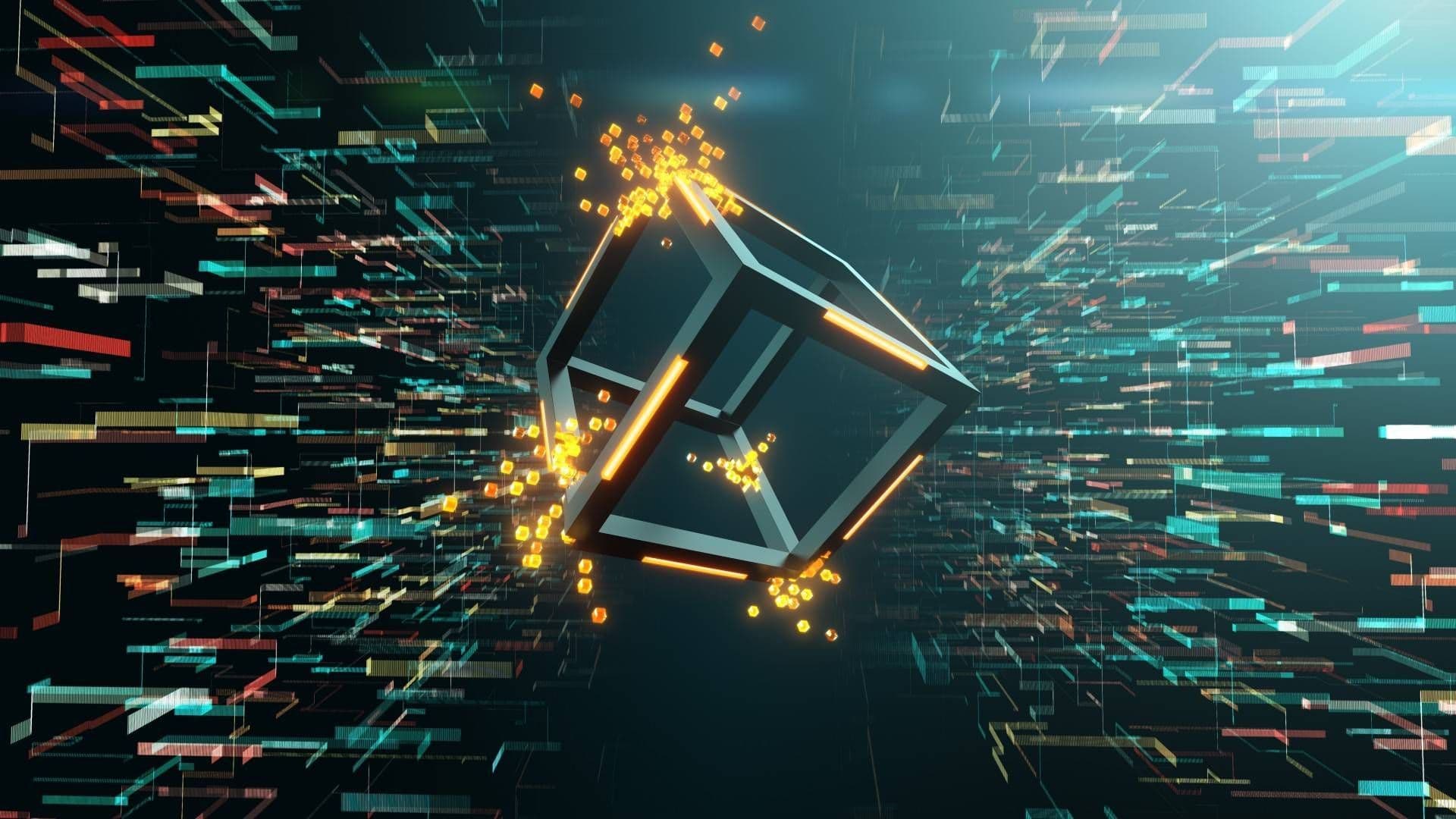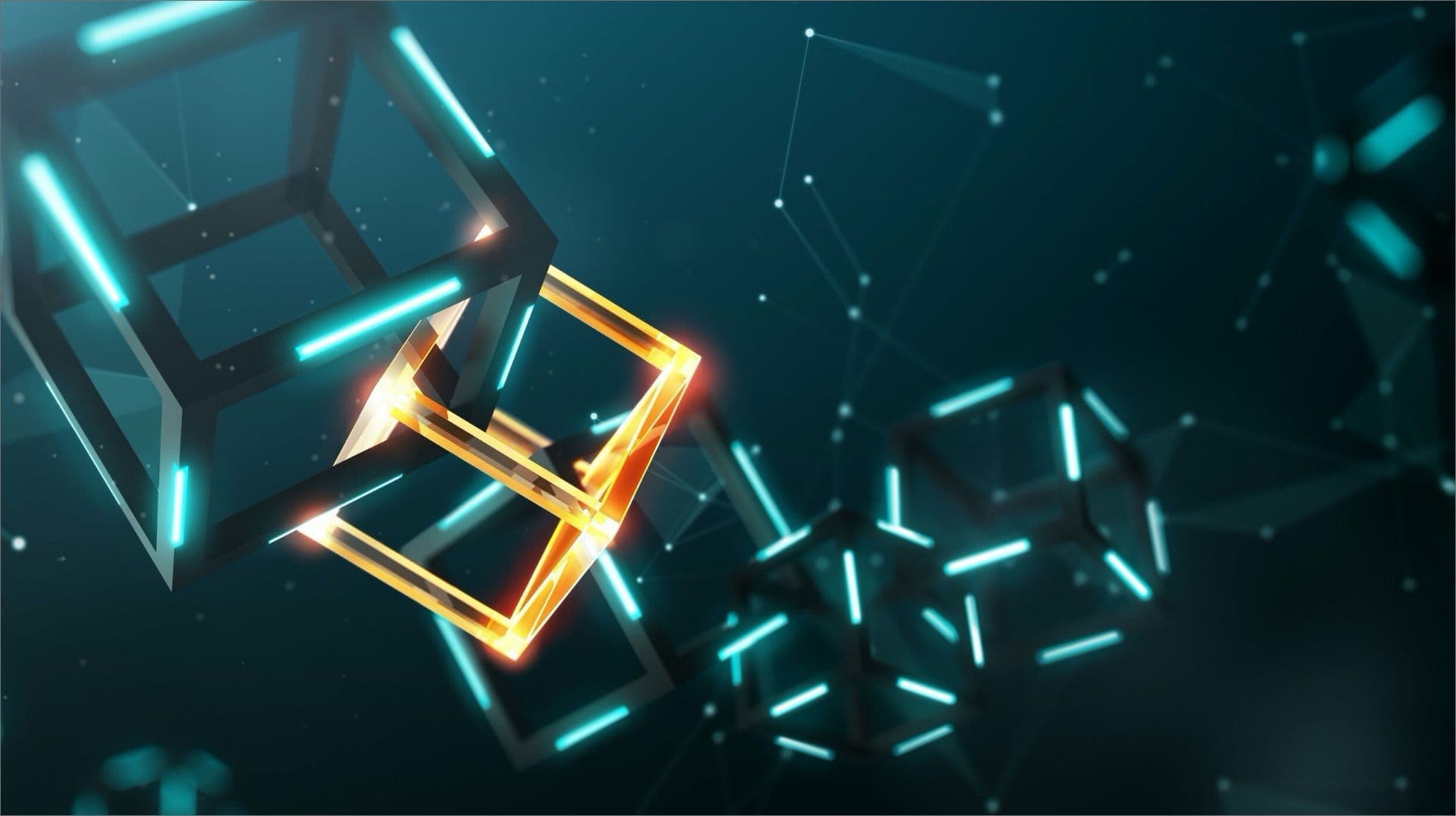Blockchain technology is widely considered the most critical innovation of the 21st century. However, while many individuals, as well as institutions, want to jump on board, most don't quite understand what blockchain is exactly, and how it can help them further their business. The most common misconception is people using the terms blockchain and distributed ledger technology (DLT for short) interchangeably. If we add Bitcoin into the mix, the confusion grows even larger.
The lack of proper knowledge about either of these technologies can easily lead to confusion and withdrawal from the public. New technologies quickly become buzzwords in this day and age, but they usually last a very short time. However, blockchain and DLT in general, are expected to transform the future.
So, what are blockchain and DLT, and how do they differ?
Distributed Ledger Technology
Despite confusing acronyms such as DLT often being used in fintech circles, the good news is that this technology is relatively easy to understand.
A distributed ledger is simply a database that exists across several locations or among multiple participants simultaneously. When compared to regular centralized ledgers that most companies currently use, using DLT can bring many advantages. The most prominent benefit to DLT is that a centralized database has a single point of failure, while a DLT is in multiple places at once, so it can't "break" that easily. Enterprises use DLT to process, validate, or authenticate various types of transactions or data exchanges. All files in the distributed ledger are timestamped and given a unique cryptographic signature. After a file is stored on a distributed ledger, all of the participants on it have the option to view it. The technology provides a verifiable as well as an auditable history of all information stored.
Distributed ledgers can be: · Decentralized, where they grant equal rights to every participant, or · Centralized, where they grant each user different rights.

Blockchain
First off, it's important to say that blockchain is a narrower term than distributed ledger technology. Every blockchain is a distributed ledger, but not all distributed ledgers are blockchains.
Blockchain is a type of a decentralized distributed ledger that has very specific technological features. The main feature of blockchain is that it piles up information and groups them into blocks, forming a chain of blocks (hence the name) oance they are validated by the majority of the network. Anyone can use a blockchain, and anyone can serve as a validator in a blockchain, therefore becoming a part of its governance mechanism.
We can compare this to a real-world example: The Michael Jordan collaboration sneakers with Nike are essentially just sneakers, but they are so popular that people recognize Jordans as a separate entity. Blockchain has gained an extreme amount of popularity with the popularization of cryptocurrencies and essentially overshadowed other forms of decentralized ledgers. Blockchains also offer other distinct features, such as the possibility for tokenization and the creation of smart contracts.
Which one is better for your company?
We can better determine your company's needs by placing blockchain and other types of ledgers on a spectrum and then picking the best option based on your specific needs.
On one end, we have public blockchains. They have many nodes, are entirely decentralized, and can be used by anyone in the world. On the other end, we have a centralized ledger with only one node. If we move closer to the middle of the spectrum, we have a database shared between several nodes, otherwise known as a distributed ledger.
Using a fully decentralized structure such as blockchain just to keep track of information, in most cases, makes very little sense to regular companies. Almost all businesses will either use their data by themselves or share it with a few participants, which can be better handled by a distributed ledger. While a regular distributed ledger can be viewed as a better database management system, a blockchain is a completely different beast and should be used only in specific instances.
Blockchains become a great option when multiple businesses need to maintain and share their data amongst themselves (or with the public), and work in a situation where trust is a significant issue. Using blockchains to tokenize assets and write smart contracts is also a big deal, and any company that wants to use this technology as more than just an information-sharing database should seriously consider using a blockchain. If you liked this article, check out our blog page, where you can find various articles on the concept of blockchain, its real-world application, as well as practical info regarding how blockchain could improve your business.




